Ornette Coleman (saxo alto), Don Cherry (trompeta de bolsillo), Charlie Haden (contrabajo) y Billy Higgins (batería). Extraído del álbum Change of the Century (1960).
Don Cherry era un trompetista de jazz norteamericano conocido por su colaboración con el saxofonista alto y padre del free jazz Ornette Coleman, y por ser un pionero de la world music en los años setenta. Nacido en Oklahoma City, la primera vez que tocó jazz fue en Los Ángeles a principios de los años cincuenta, pero no emprendió su carrera profesional hasta 1958. Aquel año empezó a tocar y grabar con Coleman, primero en un quinteto con el pianista Paul Bley y luego formando parte del cuarteto sin piano que grabó los seis álbums más importantes del saxofonista alto para Atlantic Records de 1959 a 1961. Cherry normalmente tocaba una trompeta de bolsillo, que tenía un sonido un poco más nasal que una trompeta convencional, pero a veces también tocaba la corneta. En 1960 grabó The Avant-Garde con el saxofonista tenor John Coltrane.
Don Cherry was an American jazz trumpeter known for his partnership with alto saxofonist and father of free jazz Ornette Coleman, and for being a world music pioneer in the 1970s. Born in Oklahoma City, he first played jazz in Los Angeles in the early 1950s, but he didn’t launch his professional career until 1958. That year he started playing and recording with Coleman, first in a quintet with pianist Paul Bley and then as part of the piano-less quartet that recorded the six most important albums of the alto saxophonist for Atlantic Records from 1959 to 1961. Cherry normally played a pocket trumpet, which had a slightly more nasal sound than a conventional trumpet, but sometimes he also played the cornet. In 1960 he published The Avant-Garde with tenor saxofonist John Coltrane.
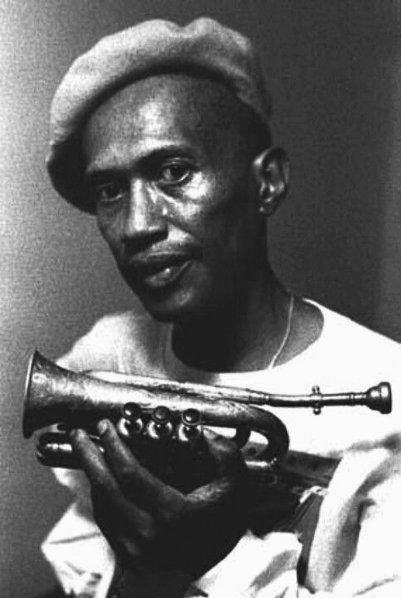
Después de abandonar el cuarteto de Coleman, Cherry grabó e hizo giras con los saxofonistas tenores Sonny Rollins y Albert Ayler, y con el pianista George Russell, codirigió el New York Contemporary Five con el saxofonista tenor Archie Shepp y grabó con el cantante y guitarrista de rhythm and blues Steve Lacy. En 1965 grabó su primer álbum como líder titulado Complete Communion para el sello Blue Note con un grupo en el que se incluía al saxofonista tenor argentino Gato Barbieri, y en 1968 su álbum más importante Eternal Rhythm. Durante los años setenta se involucró en el desarrollo de la world music mezclando la música tradicional de África, India y Oriente medio, y aprendió a tocar numerosos instrumentos musicales autóctonos. De 1978 a 1982 grabó tres álbums para ECM Records con el grupo cooperativo Codona y cuando este se disolvió formó la banda Nu. En 1987 participó de nuevo en el cuarteto original de Coleman, que aparece en el primero del doble álbum In All Languages. Cherry murió de cáncer de hígado en 1995 a la edad de 58 años.
After leaving Coleman’s quartet, Cherry recorded and toured with tenor saxofonists Sonny Rollins and Albert Ayler, pianist George Russell, co-directed the New York Contemporary Five with Archie Shepp and recorded with rhythm and blues singer and guitarist Steve Lacy. In 1965 he released his first album as a leader entitled Complete Communion for the Blue Note label with a group that included argentinian tenor saxofonist Gato Barbieri, and in 1968 his most important album Eternal Rhythm. During the 1970s he became involved in the development of the world music blending traditional music from India, Africa and the Middle East, and learned to play a number of native musical instruments. From 1978 to 1982 he recorded three albums for ECM Records with the cooperative group Codona and when it was dissolved he formed the band Nu. In 1987 he participated again in Coleman’s original quartet, which appears on the first of the double album In All Languages. Cherry died of liver cancer in 1995 at the age of 58.
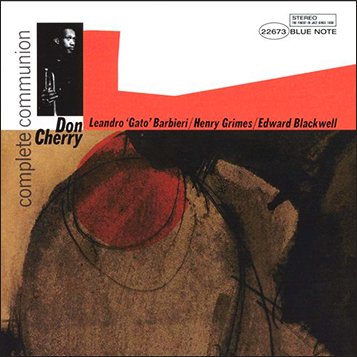
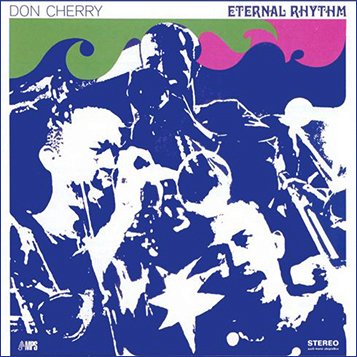
Haden comienza tocando dobles notas con el contrabajo y luego se incorpora el resto del grupo para exponer el tema, que tiene ritmo latino y es muy agradable al oído. A continuación entra Coleman presentando un solo bien estructurado y melódico que no es común en el free jazz. Después llega Cherry con un solo algo menos armonioso incluyendo frases cortas e intrépidas con Haden y Higgins haciendo travesuras por detrás. Para finalizar, el grupo reexpone el tema.
Haden starts playing double notes with the bass and then the rest of the group joins in to expose the theme, which has a Latin rhythm and is very pleasant to the ear. Next comes Coleman presenting a well structured and melodic solo that is uncommon in free jazz. Then Cherry arrives with a slightly less harmonious discourse including short and intrepid phrases with Haden and Higgins making mischief underneath. Finally, the group re-exposes the theme.
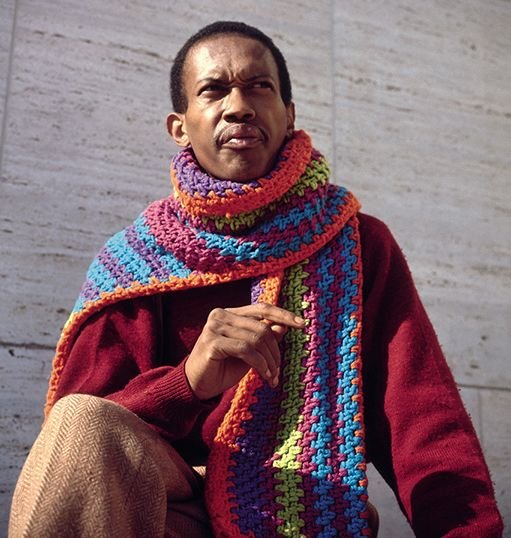
Translated with the help of DeepL
℗ Atlantic Records


Programa de televisión Jazz entre amigos sobre Don Cherry
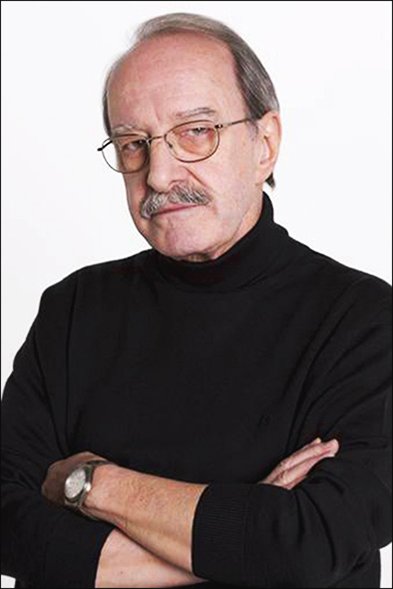

¡Enhorabuena!
✅ Has hecho un buen trabajo, por lo cual tu publicación ha sido valorada y ha recibido el apoyo de parte de CHESS BROTHERS ♔ 💪
♟ Te invitamos a usar nuestra etiqueta #chessbrothers y a que aprendas más sobre nosotros.
♟♟ También puedes contactarnos en nuestro servidor de Discord y promocionar allí tus publicaciones.
♟♟♟ Considera unirte a nuestro trail de curación para que trabajemos en equipo y recibas recompensas automáticamente.
♞♟ Echa un vistazo a nuestra cuenta @chessbrotherspro para que te informes sobre el proceso de curación llevado a diario por nuestro equipo.
🥇 Si quieres obtener ganancias con tu delegacion de HP y apoyar a nuestro proyecto, te invitamos a unirte al plan Master Investor. Aquí puedes aprender cómo hacerlo.
Cordialmente
El equipo de CHESS BROTHERS